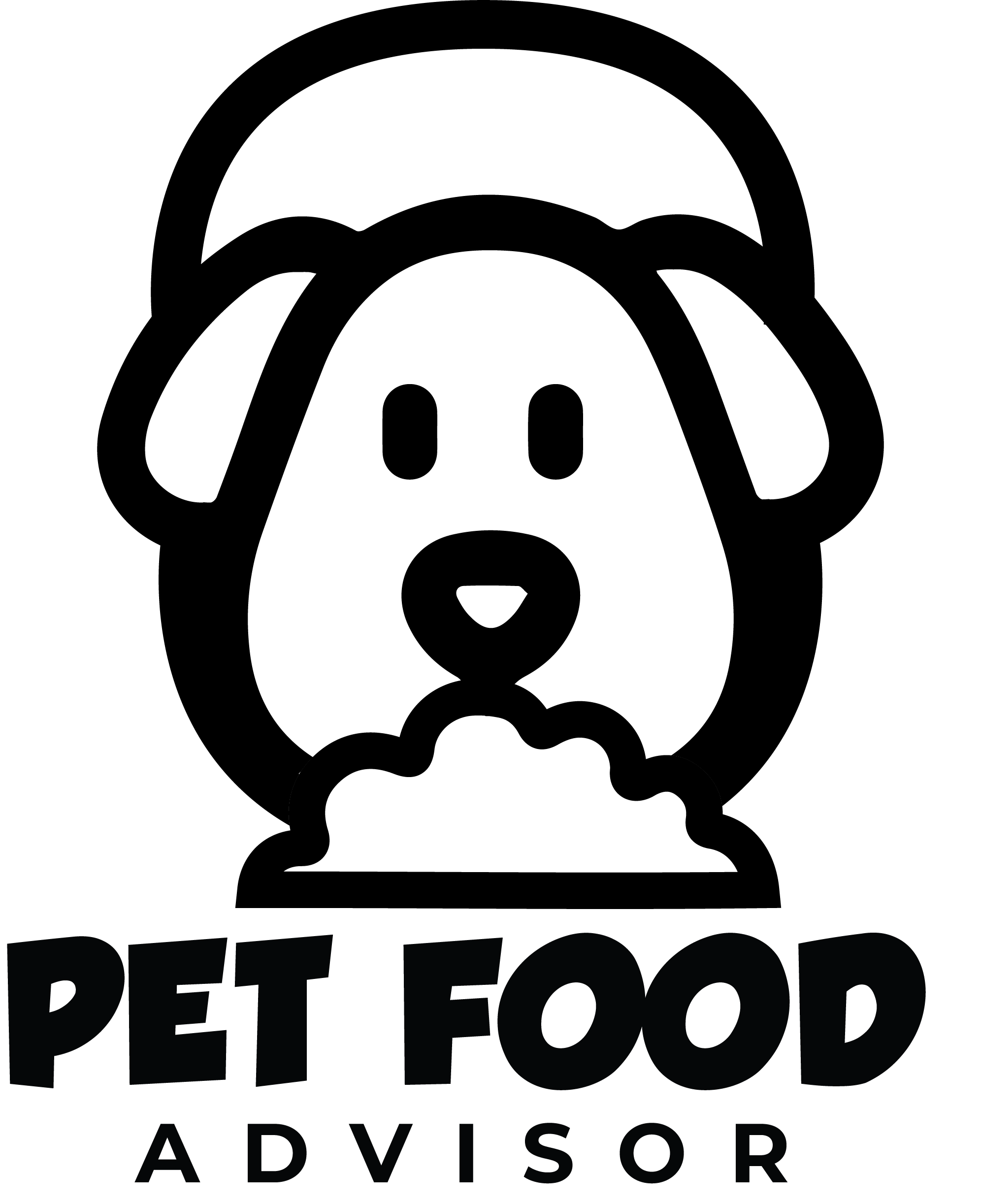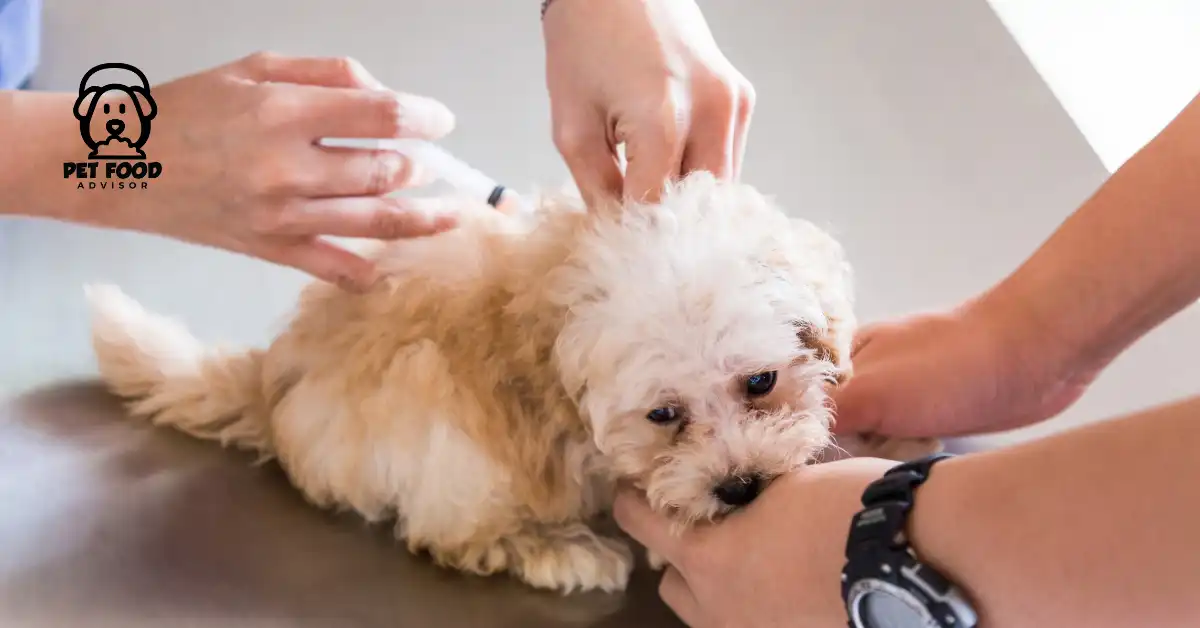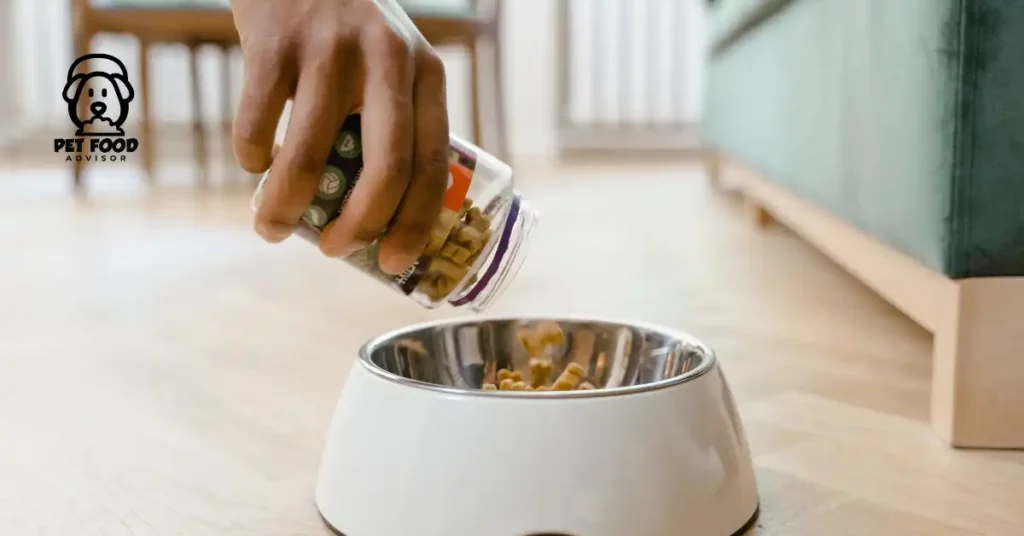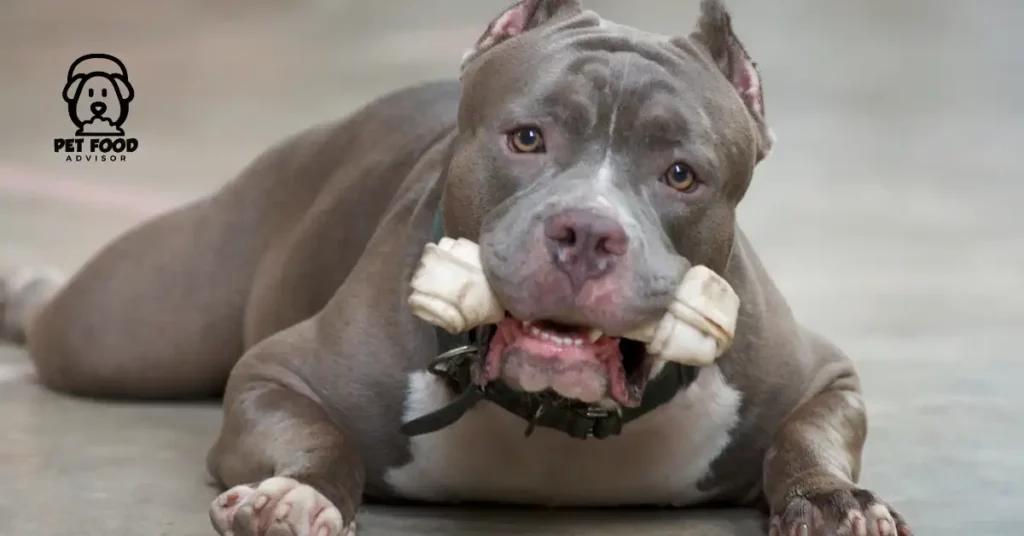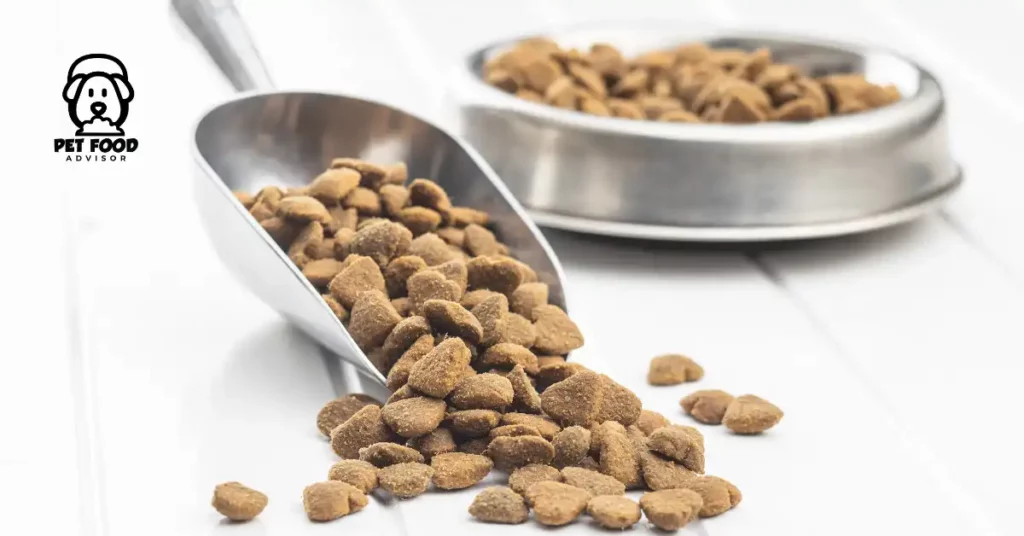Protect your pet with Vaccines- Everything you need to know Vaccinations
Vaccination Role in your Dog Health?
Vaccination is important for the health of your dog. These vaccines are good for protecting your dog from many infectious diseases that can cause death to your puppy. Like human beings’ vaccination, they also stimulate the immune system of your beloved dog; it helps to develop immunity against specific bacteria.
When you give vaccines to your dog, they are helpful for modification from the disease-causing organisms. It is used as if your dog encounters the real disease-causing agent in the future; then, the immunity system will be prepared to fight it off effectively.
Vaccinations are typically given in doses, starting when your dog is a puppy and newborn. This 5 in 1 vaccine for puppies schedule guarantees your dog receives the necessary initial protection and maintains immunity over time through booster shots.
Which Vaccinations Does Your Puppy Need?
Two types of vaccines are available for pets: lifestyle and core.
Lifestyle vaccinations are recommended for some pets based on their specific lifestyle and activities. They are for those pets who spend most time outside the houses; they interact and meet with other animals. For those dogs, lifestyle vaccination is a good choice. These vaccines help protect against diseases more common in specific environments or situations.
On the other hand, core vaccinations are essential for all pets, regardless of their lifestyle. These vaccines protect against highly contagious and severe diseases affecting your pet’s health and lifespan. One example of a core vaccination for dogs in North America is the DHPP vaccine, which covers distemper, hepatitis, parvovirus, and parainfluenza. Core vaccinations are crucial because these diseases can spread quickly and cause significant harm to your pet.
5 in 1 Vaccine For Puppies Schedule
The 5-in-1 vaccine for your puppy is also called the DHPP vaccine or the core vaccine, which provides the necessary protection against many diseases. This detailed vaccine covers five different conditions that can pose a severe threat to your puppy’s health.
Canine Distemper Virus
Canine Distemper Virus (CDV) is a highly infectious disease affecting dogs and other animals. This virus affects the respiratory system, gastrointestinal, and nervous systems, and these targets make it a severe fatal disease. This virus caused your puppy to die.
This virus is transmitted to your beloved puppy from other animals and dogs through coughing and sneezing.
If CDV enters your dog, the virus enters the body, targeting various organs and tissues. The symptoms of this disease are the common cold, including fever, cough, sneezing, and nasal discharge. If you see the symptoms mentioned above in your puppy, then it means that you have to go to the vet to check your puppy.
CDV is a virus that can have devastating consequences. It weakens the immune system, making infected puppies more likely to have secondary infections. If you do not adequately treat CDV, it causes severe problems and death. Prevention through vaccination is the most effective way to protect dogs against distemper.
Canine Adenovirus (CAV) 1 and 2
Canine Adenovirus (CAV) 1 and 2 are viral infections affecting puppies.
CAV-1 primarily causes Canine Adenovirus (CAV) 1 and 2, while CAV-2 is associated with respiratory infections. CAV-1 is the virus that affects a puppy’s liver. This virus causes symptoms like fever, loss of appetite, abdominal pain and potential liver failure. It is severe, and it is a life-threatening disease. When you see the symptoms mentioned above, you also have to check your puppy to the vet, which can treat it in the early stages.
CAV-2 is a virus that can affect the respiratory system of the puppy. It is the virus that is linked with kennel cough, which is a contagious respiratory infection. These cause symptoms like cough, sneezing, nasal discharge and fever. This virus quickly spreads in the entire body of the dog. It is typically not life-threatening, but it can be applied easily.
Canine Parainfluenza
Canine parainfluenza is a contagious respiratory virus that affects puppies. It is a common respiratory infection in puppies. CPiV is a virus that can be directly transmitted or spread from an infected dog to another dog or animal. This virus affects the respiratory system and can lead to inflammation and irritation. The symptoms of this viral disease are a dry cough, nasal discharge, sneezing and sometimes mild fever.
Prevention of canine parainfluenza is possible through vaccination. Vaccination from the 5 in 1 vaccine for puppies schedule helps to stimulate the puppy’s immune system to produce protection against viruses; it can also reduce the risk and severity of infection. It is not a life-threatening disease; checking your puppy’s symptoms and adequately caring for your dog is essential.
Canine Parvovirus
Canine Parvovirus is a virus infection that influences puppies. It is a highly severe and life-threatening disease. This virus affects the gastrointestinal system; it causes vomiting, diarrhoea, and dehydration and weakens the immune system.
It is transferred to dogs and puppies when they contact infected dogs. It is easy to transmit from one animal to another. The virus affects puppies and dogs that are not vaccinated.
This virus’s symptoms include loss of appetite, lethargy, and abdominal pain.
If the puppies that are not treated for this virus end up dying. Vaccination is the best method to protect your dogs and puppies from infectious diseases. When your puppy is six to eight weeks of age, vaccination starts to strengthen its immune system.
With the addition of the vaccines, you must take good care of your puppy and practice good hygiene to prevent this virus. If your pet shows symptoms, you must visit the vet to check your puppy.
Schedule for 5-in-1 Vaccinations in Puppies
This schedule is given to protect against infectious diseases in puppies. This vaccination starts with puppies about 6 to 8 weeks old. The next dose of vaccines is given at intervals of 3 to 4 weeks when the age of puppies is about 16 to 18 weeks old.
Following the suggested 5 in 1 vaccine for puppies, the schedule ensures that puppies receive the primary protection they need during their most unguarded stage of life. It’s crucial to work closely with a veterinarian who will determine the suitable timing for each vaccine based on the puppy’s specific needs and health status.
Canine Spectra 6, a 6-in-1 Dog Vaccine
Canine Spectra 6 is a complete 6-in-1 vaccine for healthy dogs and puppies aged six weeks and older. It is called the 6 in-1 dog vaccine because it protects against six key diseases that are:
Canine Distemper
It is a highly contagious and often deadly viral infection.
Infectious Canine Hepatitis
It is a viral disease that affects the liver and other organs.
Adenovirus Type 2 (CAV-2)
A virus that causes respiratory and liver issues in dogs.
Canine Coronavirus
A virus that affects a dog’s gastrointestinal system.
Canine Parainfluenza
A respiratory disease commonly seen in dogs.
Parvovirus Type 2b
A highly contagious and potentially fatal virus affecting a dog’s digestive system.
How Often Should You Give the Spectra 6 Vaccine?
If you own puppies, starting vaccination with the Spectra 6 shot at six weeks of age is advisable. And give them revaccinations every 2-3 weeks until they reach 16 weeks old. Dogs over 12 weeks old should initially receive one shot of the Spectra 6 vaccine, followed by a second dose 2-3 weeks later. Annual revaccination with a single dose is strongly recommended to maintain continuous protection. This vaccine plays a vital role in safeguarding dogs against these potentially severe diseases, and adhering to the recommended vaccination schedule is essential for their overall health and well-being.
How Long Do Vaccinations Provide Protection?
After you give the vaccine to your puppy, the immunity they provide can differ in duration. Some vaccines are of this kind that their immunity can last for a very long time, even if they are for a lifetime. But when you give this vaccine, you must provide another shot after 1 to 3 years to protect your puppy.
The Importance of Vaccinations for Puppies
Puppies need multiple shots of vaccines for two critical reasons:
Building a strong defence
Vaccines help train the puppy’s immune system to recognize and fight off specific infections. The first shot introduces the body to the disease, teaching the immune system how to respond. The second shot boosts this response, ensuring maximum protection.
Maternal antibodies
The antibodies received from mother to puppies are known as eternally Derived Antibodies. They provide some protection from disease in the early life of puppies.
However, these antibodies can interfere with the effectiveness of vaccines until they naturally decrease over time, usually around 14 to 16 weeks of age. That’s why puppies need a series of shots to ensure they are fully protected once the maternal antibodies wear off.
Conclusion
To summarize, 5 in 1 vaccine for puppies and 6 in 1 vaccine for dogs is extremely important for keeping your puppy healthy and protected. It defends against multiple diseases that can harm them. It’s crucial to follow the vaccination schedule recommended by your vet to make sure your puppy gets the best possible shield against these illnesses. You increase your life by giving vaccinations and proper care to your beloved puppy.
